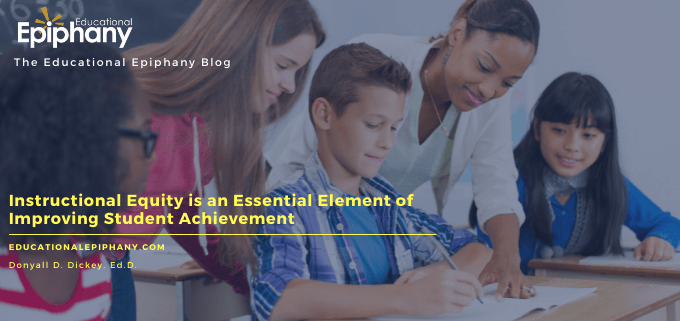All children deserve access to instruction of the highest quality, taught in an environment fully conducive to the process of teaching and learning. And yet, equitable access to such instruction remains unrealized for millions of pupils nationwide. Likewise, teachers hear a common refrain, “Be sure that your instruction is more rigorous.” But what does that mean? Rigor has yet to be operationally defined for many teachers.
Daily instruction characterized by rote memory was widely accepted 30 years ago as rigorous, but fortunately views of instruction have shifted, and so must our collective approach to teaching and learning. So, how do we ensure that students have unfettered access to ‘rigorous’ instruction?
In order for the quality of instruction in schools and districts to be improved expeditiously, we must change how we think about student learning and the provision of standards-informed instruction. Developmentally appropriate rigor resides in the standards.
Students must be introduced to instruction that is designed to develop their conceptual understanding of academic language so that they can become authentic, active participants in the teaching and learning process by being able to move beyond regurgitation of information to independent ability to: (1) apply the knowledge and skills they have acquired in unique situations, (2) break information into its constituent elements [analyze] for the purpose of study or examination, (3) synthesize what they have gleaned from reading and observation opportunities, (4) generate evaluative statements about original works and the reasoning of others, and most importantly, (5) create new knowledge and new understandings for others to consume, evaluate, synthesize, analyze, and apply their knowledge and skills to. Rigorous instruction is symbiotic by nature.
Donyall D. Dickey, Ed.D.
For more of Dr. Dickey’s thoughts on this topic, read The Integrated Approach to Student Achievement– Third Edition. To find out more information about this book, our standards-informed instructional resources, and our wide variety of innovative products & services, check out our new product & services catalog at www.educationalepiphany.com/ecatalog. To hear Dr. Dickey and special guests speak about critical topics in literacy, leadership, and school improvement, be sure to subscribe to The Epiphany Exchange Podcast here! If you would like to connect with Dr. Dickey, feel free to call us at 410-258-6443, or email us at educationalepiphany@gmail.com.

